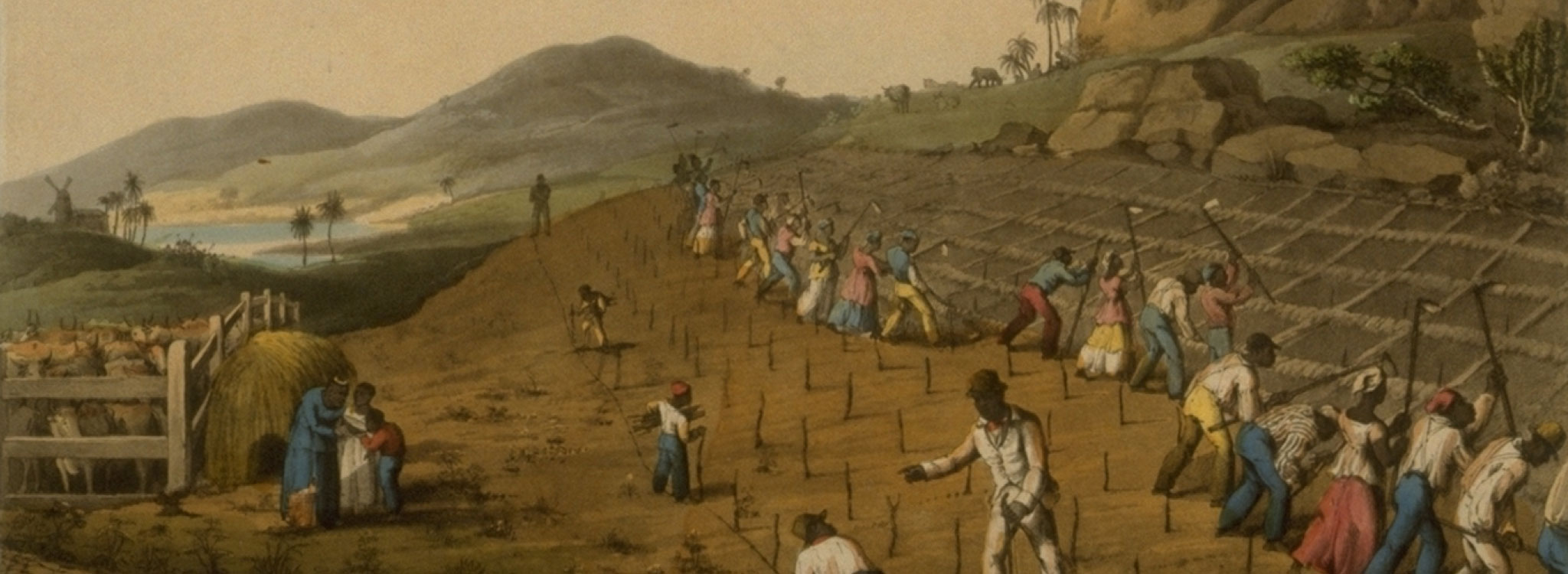A “Free African” in Brazil, Hilario Congo was likely born in the late 1820s or early 1830s, somewhere in the hinterlands of northern Angola. The circumstances of Hilario’s early childhood are unknown, but he was the preto rapaz Hilario, nação Congo (black boy Hilario of the Congo nação) who first appears in a register of Africans rescued from the Cezar, a Brazilian-flagged patacho (patache) that had departed from Ambriz, in the north of Angola, in early 1838. Purportedly loaded to transport “free colonists” between Angola and Mozambique, stopping in the River Plate for resupply, the ship was seized by a British anti trafficking corvette near the coast of Rio de Janeiro province in mid-April 1838. Historical records do not agree on the number of Africans loaded in Ambriz, and about 211 West Central Africans were rescued from a slaver that had been abandoned by its crew as the British patrol gave chase. Hilario was among approximately 120 children found on the Cezar.
Hilario then became what is known as a “Free African,” a discrete proper noun applied to Africans liberated under special legal conditions of the suppression of the slave trade. It is distinct from “a free African,” which would mean any African who was not enslaved. Hilário’s multiple efforts to secure “full freedom” led to an important diplomatic-juridical exchange between the governments of Brazil and Britain in 1853–1854.
The intimate details of Hilario’s transition from boy to adult are not available, but we do know that he lived in an urban household on Rua da Quitanda, a bustling street in central Rio. His future facility with petitioning strongly suggests that he had the opportunity to become acculturated to Brazilian life, including a decent command of Portuguese. His first guardian, Joaquim José dos Santos, was an assistant doorkeeper at the ministry of justice. Hilario was one of at least two Free Africans in the Santos household. When Santos died in 1845, Hilario’s tutelage was transferred to Joaquim Martins Garrocho, a native of Portugal who held a post in the Brazilian navy until his death in 1852, at the age of 58. The Garrocho household included slaves; according, Hilario—like most Free Africans—direct knowledge of the regime of “legal” enslavement. Many Free Africans, British diplomats, and Brazilian proto-abolitionists would denounce the slave-like regime of harsh labor, frequent punishment, limited reproductive choice, and a lack of freedom of movement. However, none of the surviving petitions made in Hilario’s name lodge such complaints.
Hilario’s contact with other Free Africans continued to influence his actions as the Brazilian government adopted a muscular suppression of the clandestine trade while putting off British pressure for a liberalization of rules for those Liberated Africans, like Hilario, who had spent numerous years in compulsory apprenticeships. Upon the death of the second guardian and the widow’s apparent disinterest in assuming tutelage, Hilario was sent to the House of Correction to await the disposition of his fate. From the main penal institution of the city of Rio, where he was in contact with convicts as well as numerous other Free Africans held “on deposit,” he began concerted efforts to convince Brazilian authorities to extend him the full rights of the free and to restore to him unpaid wages. The first petition came 22 February 1854. The second, dated one month later, denounced his being forced to live in a prison.
Upon his departure from the corrections house, Hilario disappears from the historical records. But dozens of his shipmates from the Cezar can be tracked through the end of the legal regime over Free Africans in Brazil, abolished in 1864. Unlike many of his male shipmates on the Cezar, and the many other ships intercepted by British and Brazilian cruisers, Hilario left no registry of marriage or children. In this respect, his tactics for “full freedom” were quite distinct from those of his female contemporaries, such as Maria Angola, whose efforts to denounce the violation of her freedom were framed nearly entirely around the freedom of a son illegally enslaved by a maleficent guardian and his sister-in-law. Acting independently, and in gendered ways, Hilario Congo and Maria Angola, among many others, were still quite active participants in the construction of international human rights produced out of the suppression of the slave trade and the extension of freedom to the illegally enslaved in Brazil.
Bibliography
“The Broken Paths of Freedom: Free Africans in Nineteenth-Century Brazilian Slave Society.” Spatial History Project, Stanford University. http://www.stanford.edu.proxy2.cl.msu.edu/group/spatial
history/cgi-bin/site/project.php?id=1069
Chalhoub, Sidney. A força da escravidão: Ilegalidade e costume no Brasil oitocentista. São Paulo: Companhia das Letras, 2012.
Chalhoub, Sidney. “Illegal Enslavement and the Precariousness of Freedom in Nineteenth-Century Brazil.” In Assumed Identities: The Meanings of Race in the Atlantic World, edited by John D. Garrigus et al., pp. 88–115. College Station: Texas A&M University Press, 2010.
Mamigonian, Beatriz Gallotti. “Conflicts over the Meanings of Freedom: The Liberated Africans’ Struggle for Emancipation in Brazil (1840s–1860s).” in Paths to Freedom: Manumission in the Atlantic World, edited by Rosemary Brana-Shute and Randy J. Sparks, pp. 235–264. Columbia: University of South Carolina Press, 2009.
Mamigonian, Beatriz Gallotti. “A Grã-Bretanha, o Brasil e a liberdade dos africanos na crise da abolição do tráfico atlântico de escravos (1848–1851).” In Intelectuais e modernidades, edited by Daniel Aarão Reis and Denis Rolland, pp. 13–29. Rio de Janeiro: Editora da FGV, 2010.
Martinez, Jenny S. The Slave Trade and the Origins of International Human Rights Law. New York: Oxford University Press, 2012.
Author
Daryle Williams
Adapted by
Briona Jones and Steven J. Niven
Contributing Institutions
Hutchins Center for African & African American Research, Harvard University, Cambridge, MA.
Oxford University Press (USA) African American Studies Center.





